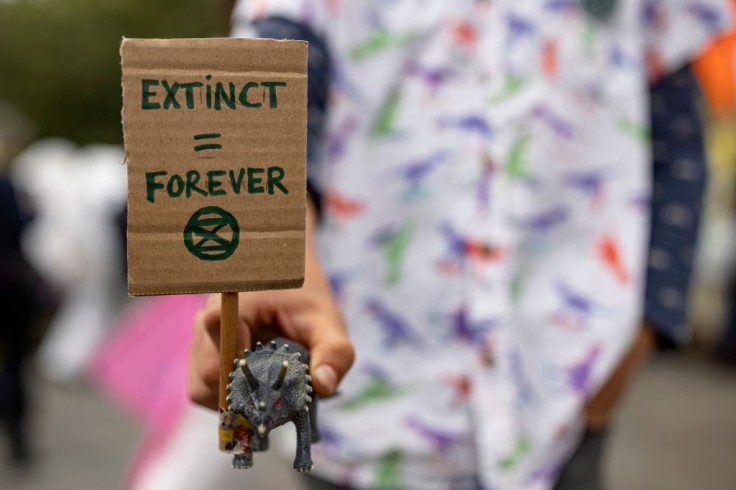
Six in 10 teenagers and young adults in their early 20s are worried about the impact of climate change, and they fear that the adults in leadership roles aren't doing enough to protect their generation.
According to a survey from Young People's Voices, which conducted the first large-scale study on climate anxiety, more than 60 percent of the 10,000 respondents in 10 countries feel that the older generation has betrayed, the younger people. At least three-quarters of those polled also said that the future scares them because they know that climate change will affect their daily function.
The international survey also revealed that 4 in 10 young adults might not have children because they worry that their offspring could grow in a wasteland. The respondents were from the U.K., U.S., Australia, Finland, France, Brazil, Portugal, Nigeria, India, and the Philippines.
Read Also: Families to Get Third Child Tax Credit Payment; First Lady Jill Biden Pushes for Extension
Therapy Won't Fix Anxiety
Mitzi Tan, 23, a climate activist from the Philippines, where flooding has worsened in the last few years, said that she has grown to be afraid of drowning in her bedroom. Tan noted that therapy or meditation couldn't fix her anxiety about climate change.
"To truly address our growing climate anxiety, we need justice," the activist said.
In August, the United Nations also released a study citing that a growing number of individuals are reconsidering having kids because climate change will ravage the Earth in the next decades. The U.N. said that the situation should be "code red for humanity" as top scientists in many countries continue to warn of an impending natural catastrophe.
In a statement, 200 experts in medicine and science said that all governments should develop a sustainable and resilient transition beginning in 2021. They reiterated that it's only a matter of time before the rapid decline of the Earth will reduce the quality of life.
However, some analysts also believe that more people choose not to have kids anymore since this will worsen the problems as the population boom will mean more greenhouse gas emissions and depletion of natural resources. A study from Sweden showed that a family with just one child might curb 58.6 metric tons of carbon every year.
Children Most Vulnerable
UNICEF also reports that one billion children are now "extremely" at high risk of suffering due to climate change. The charity for kids said that this issue is no longer just an environmental concern but a child rights issue.
Climate change will threaten food and water supply, clean air, housing, education, the freedom to explore surroundings, impacting the children's survival. UNICEF executive director Henrietta Fore said that at the pace world leaders have been acting to prevent the catastrophe, no child will be spared when the worse of the crisis happens.
Still, hope is not yet lost as countries have signed the Paris Agreement, pledging to cut emissions that could help restore the planet's health. Environmentalists and scientists are also coming up with concrete solutions to help humans adapt to the changing climate.